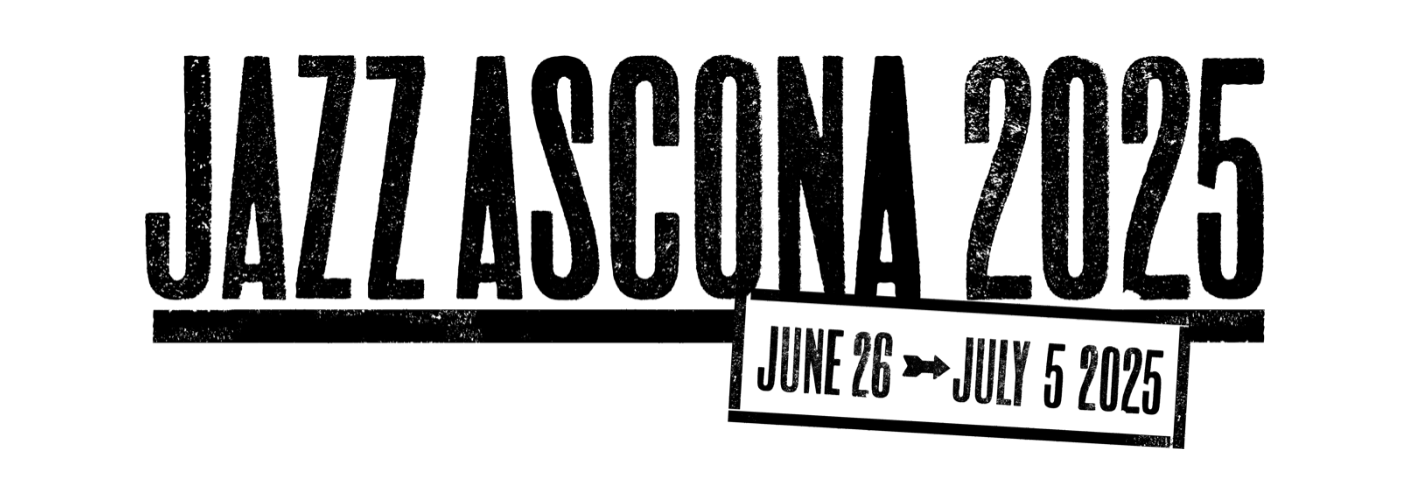Adonis Rose
Artistic director of the New Orleans Jazz Orchestra since 2017 as well original member of the orchestra, Adonis Rose tells about himself and the latest musical project dedicated to Allan Toussaint
Mr. Adonis Rose, let’s start with the numerous collaborations you collected outside the jazz world . Correct me if I’m wrong: Public Enemy, Chaka Kahn, Gerald Levert, Eric Benet… I think your versatility as composer/musician/drummer proves once again how jazz remains a genre open to every kind of musical influences. What is your opinion and how do you see jazz in the last ten years?
I have performed with many groups outside of the realm of jazz throughout my career. Jazz is America’s contribution to world and has influenced all American music. Jazz was American popular music for decades thanks to artists like Louis Armstrong, who sold millions of records, Duke Ellington and Billy Eckstine . When you think about the evolution of American music chronologically after the creation of jazz, you have many artists that borrowed the blues form, jazz instrumentation, and were influenced directly by jazz musicians. After being a jazz musician for almost three decades I’ve seen significant changes to the jazz scene and music business.
In your career, what was the exact moment when you said to yourself, “OK, I’ll grow up to be a musician!”?
How important was your family in your musical training?
Are any of your family musicians?
It has been interesting with the rise of rap, collapse of R and B, and abandonment of swing by the younger generation, to see many artists benefit from working jazz festivals, clubs and venues under the label of being jazz musicians while ambassadors of the music are overlooked.
I come from a family of musicians from both sides of my family. My mother sang in gospel choirs growing up and my father is a drummer. My grandfather was a professional drummer and my uncle is a world renowned bassist. I started playing the drum set at age 4 or 5 starting with my drum rudiments early on. I played in marching drum sections until I attended the New Orleans Center for Creative arts in high school. After six moths of hanging out with great young musicians that attended NOCCA, Nicholas Payton, Mark Braud, Jason Stewart and Dwight Fitch, I knew I would be a jazz musician the rest of my life.
With “The Music of Allen Toussaint. Adonis Rose & The New Orleans Jazz Orchestra” jazz “gently tinged” with funk. How was this project born, dedicated to one of the greatest musicians of the last 60 years?
The Allen Toussaint project had it’s birth from a phone conversation I had with Dee Dee Bridgwater. Dee Dee is a huge supporter of the orchestra and it’s mission. She has also been instrumental in our resurgence. We were speaking about ideas for the next NOJO project and she suggested we do the music of Allen Toussaint. I thought it was a great idea and was excited to see what Allen’s music would song like with our band. This recording is very personal for me in many ways.
During the festival, the NOJO will be present each day with New Orleans Second Line Trixie Minx & the NOJO Brass Band. Is the rumor true that this year will also bring on stage in Ascona Ashlin Parker’s Trumpet Mafia project? What should the public/audience anticipate?
That’s correct! The NOJO Brass Band will perform second lines with Trixie Minx daily at the festival and Trumpet Mafia will be there also. The orchestra will perform the music from the Toussaint recording followed by a performance of compositions that have been part of the history and evolution of jazz for the last 100 years. I’m very excited about NOJO performing in Ascona at the festival this year. We are a Grammy winning institution and also a non profit. I see many opportunities for collaboration in years to come.
Watching Spike Lee’s “When the Levees Broke: A Requiem in Four Acts” documentary (with the music of Terence Blanchard) and the “Treme” series by HBO one has the clear impression that New Orleans has the ability to be reborn after traumas from its own ashes. How did you experience hurricane Katrina in 2005 and how did you see music help rebuild the community?
When the Levee’s Broke gave people around the world an opportunity to see what really happened during and after hurricane Katrina Treme promoted New Orleans culture and provided many opportunities for musicians, artists, and actors to work after the storm. Hurricane Katrina forced the entire city to be shut down and most of its residents to relocate. I moved to the Dallas/ Forth Worth area and lived there for ten years before moving back home. New Orleans music is special in ways that are hard to explain. It brings hope, its communal, tribal, inclusive, progressive, and it cannot be duplicated by anyone in the world. Jazz is the embodiment of the spirit of New Orleans. How could the city come back without it?
I read that you performed for United States President Barack Obama. What would you like to tell about that experience?
I had the pleasure of performing for President Barack Obama in Hawaii for the Asia Pacific Economic Conference with amazing vocalist Nnenna Freelon. Being able to meet and speak the Obamas for 30-45 minutes was life changing.
We performed a private concert for 300 people and the band was introduced by President Obama. He was backstage hanging out and telling jokes with us before he brought us up. We took a group photo that was signed by him and Michelle Obama. I have it hanging on the wall at my house!

